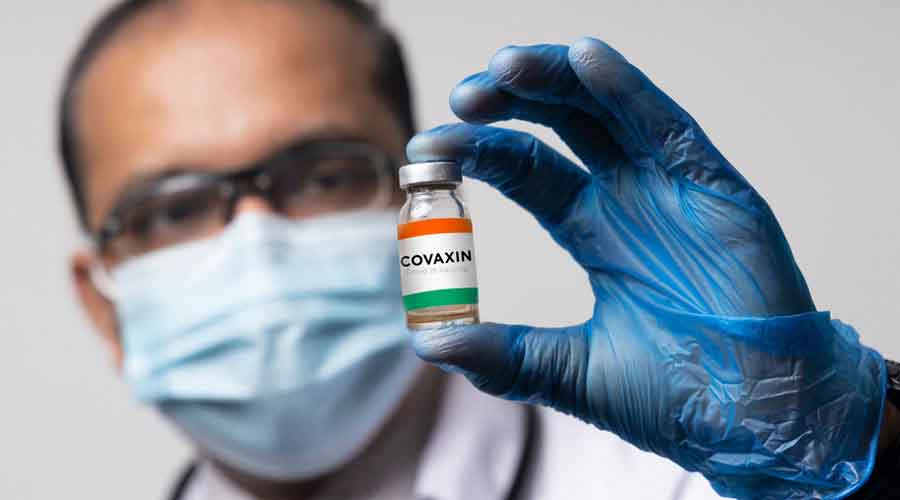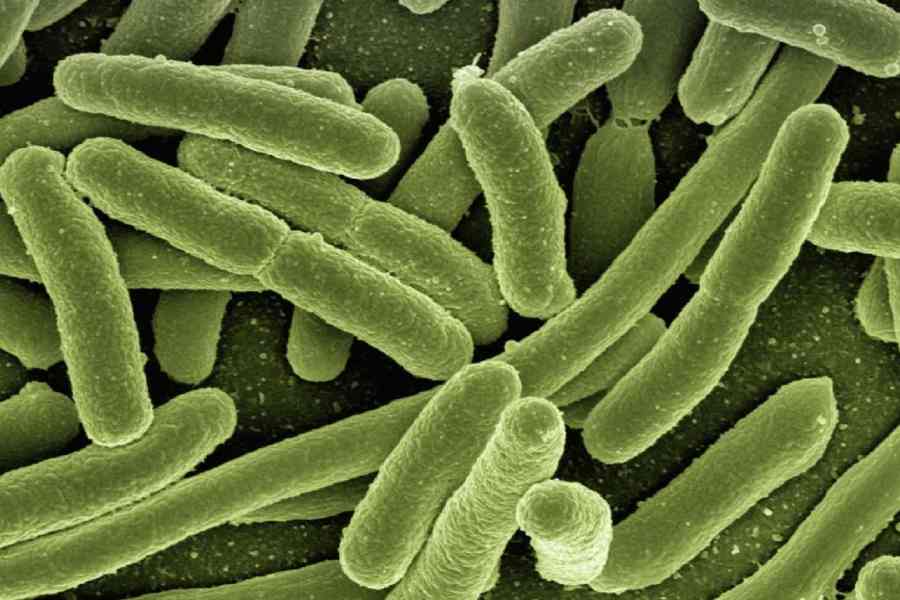A single dose of Bharat Biotech's Covaxin in previously COVID-19-infected individuals elicits a similar antibody response as obtained with two doses of the vaccine in those without a previous history of the disease, according to an ICMR study.
The study was published in the Indian Journal of Medical Research on Saturday.
"If our preliminary findings are confirmed in large population studies, a single dose of BBV152 vaccine may be recommended to previously confirmed SARS-CoV-2 infected individuals so that the naive individuals could attain the larger benefit of a limited vaccine supply," it said.
India's first indigenous COVID-19 vaccine Covaxin, codenamed BBV152, was approved by the government for emergency use in January. Two doses are given with a gap of four to six weeks.
The study was undertaken to examine SARS-CoV-2 specific antibody responses after day zero (baseline, before vaccination), day 28 plus/minus two days post-first dose (month 1) and day 56 plus/minus two days post-first dose (month 2) of BBV152 in a group of healthcare professionals as well as frontline workers.
The antibody response of individuals with confirmed pre-vaccination SARSCoV-2 infection was compared with those individuals without prior evidence of infection.
As a part of the study, blood samples were collected from 114 healthcare professionals and frontline workers who received Covaxin at vaccination centres in Chennai from February to May 2021.
"Overall, good vaccine-induced antibody responses were seen in prior SARS-CoV-2 infected individuals, except in two, who received a single dose of BBV152 vaccine that was similar to antibody responses seen after a two-dose vaccination course administered to infection-naive individuals," the study stated.
"Our results in a varied group of healthcare professionals and frontline workers lend support to the previous studies (albeit mainly focused on mRNA vaccines) that increased levels of SARS-CoV-2 binding and neutralizing antibodies are present after a single vaccine dose in previously infected individuals and are comparable to the levels seen after two doses in those without prior infection," it added.
The study offers evidence in support of public health-oriented and immunologically sustained vaccine strategies.











